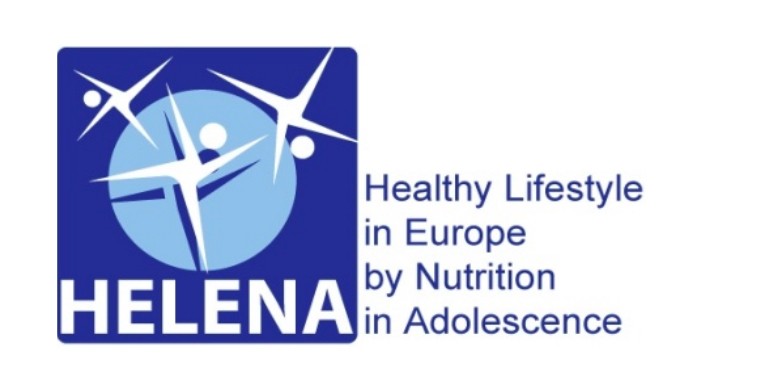HELENA will provide, for the first time in Europe, harmonised and comparable data about food intake among male and female European adolescents, taking advange of computer-based dietary assessment tools.
The key to health promotion and disease prevention in the 21st century is to establish an environment that supports positive health behaviour and healthy lifestyle. Most diseases have their origin during childhood and adolescence, but the relationship between the development of non-communicable diseases and the adolescence process is poorly understood.
Adolescence is a crucial period in life and implies multiple physiological and psychological changes that affect nutritional needs and habits. The HELENA proposal includes cross-sectional, crossover and pilot community intervention multi-centre studies, as an integrated approach to the above-mentioned problem. The following aspects will provide the full information about the nutritional status of the European adolescents:
- Dietary intake, nutrition knowledge and eating attitudes
- Food choices and preferences
- Body composition
- Plasma lipids and metabolic profile
- Vitamin status
- Immune function related to nutritional status
- Physical activity and fitness
- Genotype (to analyse gene-nutrient and gene-environment interactions)
The requirements for health promoting foods will also be identified, and three sensory acceptable products for adolescents will be developed. Both scientific and technological objectives should result in reliable and comparable data of a representative sample of European adolescents, concerning: foods and nutrients intake, food choices and preferences, obesity prevalence, dislipidemia, insulin resistance, vitamin and minerals status, immunological markers for sub clinical malnutrition, physical activity and fitness patterns, and variations of the nucleotide sequence in selected genes.
This will contribute to understand why health-related messages are not being as effective as expected in the adolescent population. A realistic intervention strategy will be proposed in order to achieve the goals of understanding and effectively enhancing nutritional and lifestyle habits of adolescents in Europe.
Financiación
The work takes place with the financial support of the European Community (FP6-2003-Food-2-A, FOOD-CT-2005-007034 )




